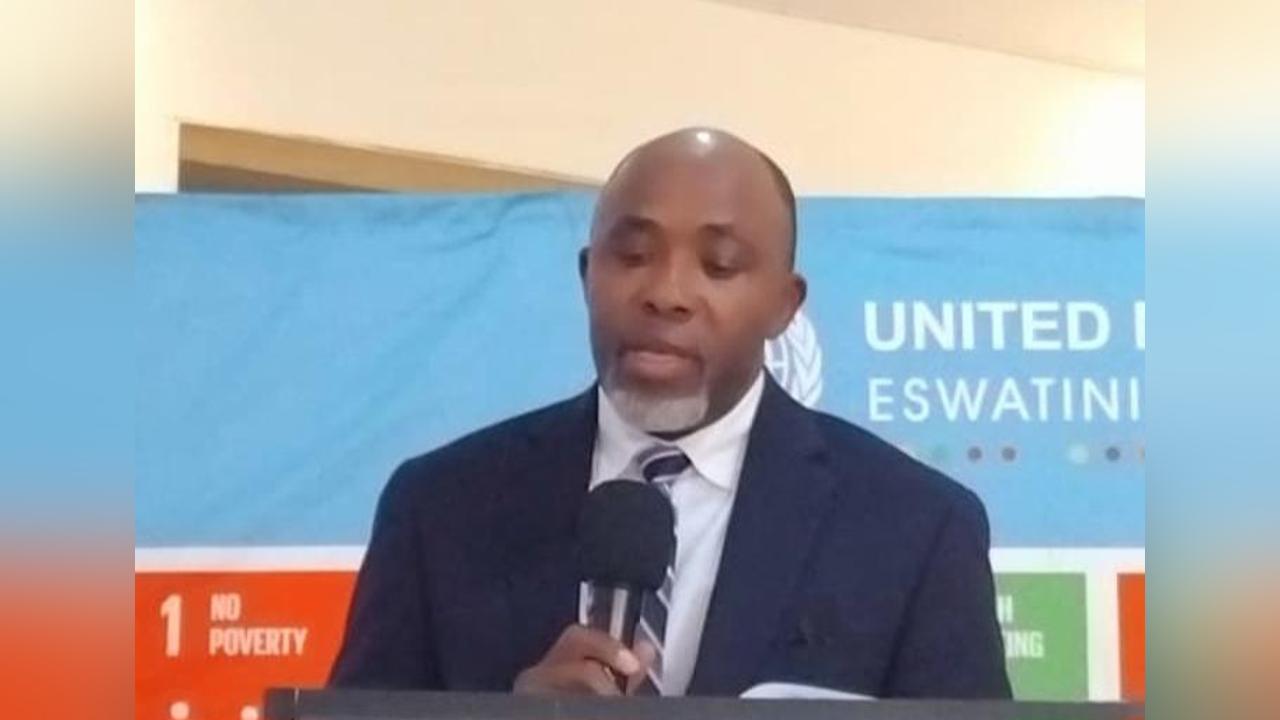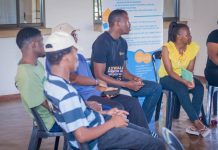Africa-Press – Eswatini. The United Nations has commended the Kingdom of Eswatini for its strengthened commitment to inclusive social development, praising the nation’s leadership for ensuring that economic progress is increasingly being matched by improvements in citizens’ well-being.
Speaking during the National Stakeholder Consultation for the World Summit for Social Development II (WSSD2) Position Paper on 23 October 2025, the UN Resident Coordinator, George Wachira, lauded the Government’s renewed focus on social inclusion and equitable growth. The consultation formed part of Eswatini’s preparations for the Second World Summit for Social Development, which will take place in Doha, Qatar, from 4–6 November 2025.
“I want to further express the UN’s appreciation for His Majesty’s Government’s increased attention to the social aspects of development, especially since the 2023 Sibaya and the rallying call of Nkwe!,” Wachira said. “This renewed energy shows a clear determination to ensure that no one is left behind.”
The UN official commended Deputy Prime Minister Hon. Thulisile Dladla and her office for their strong leadership in advancing national dialogue on social issues and guiding the preparation of Eswatini’s national position ahead of WSSD2.
“I want to appreciate the work of the Deputy Prime Minister’s Office, and the DPM herself, for the strong leadership and attention to social development — particularly in ensuring that those who have been left behind are brought back into focus,” Wachira added.
He said Eswatini’s inclusive policy direction reflects a deep sense of national ownership and leadership, aligning closely with the UN’s own Sustainable Development Goals (SDGs). Wachira emphasised that sustainable social progress must accompany economic growth if true national development is to be achieved.
“Many societies are economically developed but continue to struggle with high rates of poverty and inequality, coupled with low investment in social protection,” he explained. “Social development lies at the very heart of all progress because if we do not improve the well-being of people, then economic development ceases to serve its purpose.”
Wachira further outlined three key priorities for deepening social development in Eswatini and beyond:
1. Strengthening social protection systems to safeguard vulnerable populations and ensure resilience against economic shocks.
2. Promoting inclusive policies that create opportunities for women, youth, and marginalised communities.
3. Building institutional capacity and partnerships that sustain national ownership and align with regional and global frameworks.
He added that the upcoming WSSD2 in Doha represents an important opportunity for countries to reaffirm their commitment to people-centred development. Eswatini’s active participation, he said, demonstrates its “progressive stance and willingness to lead by example” in Southern Africa.
The National Stakeholder Consultation in Matsapha brought together senior government officials, development partners, civil society representatives, and private sector stakeholders. Discussions focused on strengthening Eswatini’s social policy frameworks, promoting equitable access to basic services, and enhancing resilience among vulnerable groups.
In closing, Wachira reiterated the UN’s commitment to supporting Eswatini’s efforts through technical assistance and collaboration.
“The UN remains a trusted partner to His Majesty’s Government in its mission to deliver inclusive growth and shared prosperity,” he said. “The progress being made in Eswatini gives us hope that social development will continue to be at the centre of national transformation.”
For More News And Analysis About Eswatini Follow Africa-Press







